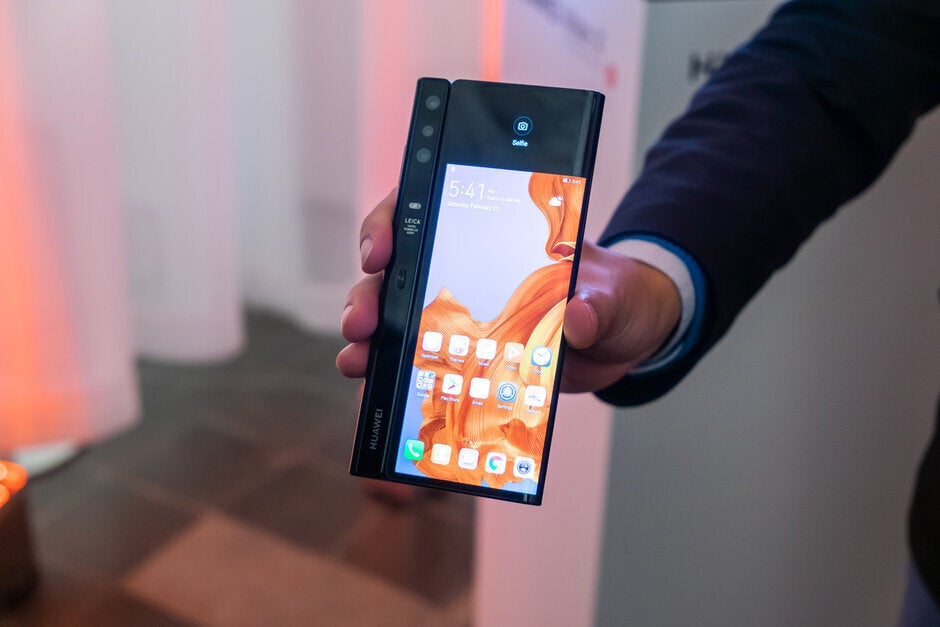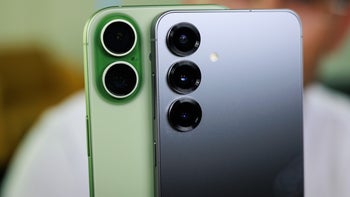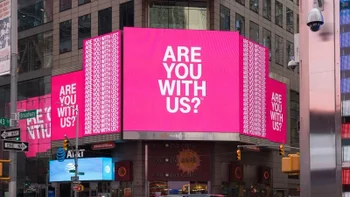Huawei's current chairman sees lower growth for the company next year

According to Bloomberg, a memo written to Huawei's 190,000 employees by the company's rotating chairman Eric Xu said that Huawei's growth slowed in the second half of this year. For 2019, the company grossed $120 billion, an 18% gain from 2018's top-line number. But revenue growth in the first half of this year was 23% indicating that the U.S. supply chain ban that was instituted in May is having a negative effect.
Because of the ban, Huawei cannot license the Google Play services version of Android which means that recent models like the Mate 30 series and the foldable Mate X cannot use Google apps like Gmail, Search, the Play Store, Maps, Messages and more. That doesn't matter in China where many Google apps are banned anyway. But it does matter outside of China where phone buyers want to be able to use Google's apps and the licensed version of Android.
Huawei's current chairman sees lower growth next year
Thanks to a wave of patriotism exhibited by consumers in China, Huawei was able to ship 240 million handsets globally in 2019 for a 16.5% year-over-year gain. That figure was good enough for Huawei to take second place behind Samsung and ahead of Apple. Chinese consumers supported the company which they see as a victim of U.S. bullying tactics. Huawei certainly made the best out of what could have been a terrible situation. Still, Xu's memo pointed out that 10% of the company's worse performing managers will be on the block in 2020. Business units could end up combined with other segments while others might end up reduced in size. Some employees might end up moving from one business unit to another. As the executive points out, "Survival will be our first priority. We won’t grow as rapidly as we did in the first half of 2019, growth that continued throughout the year owing to sheer momentum in the market."

The foldable Huawei Mate X
As the year started, Huawei estimated that it would ship 300 million handsets in 2019 and hoped to surpass Samsung to become the largest smartphone manufacturer in the world. If Huawei did deliver 240 million phones this year as Xu wrote in his memo, it would mean that the company fell 20% short of its goal.
Huawei has a game plan for next year that includes pushing its own app ecosystem called Huawei Mobile Services as a way to replace Google's ecosystem. This could allow the company to drive sales outside of China. Xu's memo also discusses expanding the use of chips designed by the company's HiSilicon unit for the enterprise and in the cloud.
For Huawei to be allowed to access its U.S. supply chain again, it will have to be taken off the Commerce Department's entity list. Earlier this year there was talk that Huawei could be used as a bargaining chip by the U.S. in order to get better terms for a new trade agreement with China. But so far, any negotiations between the two countries have not included Huawei based on wire service reports.
The Trump administration considers Huawei to be a national security threat because, under the laws of China, the government can demand that the company spy on consumers and corporations and send that information to Beijing. U.S. lawmakers fear that Huawei's phones, tablets, and networking gear contain back doors that will transmit illegally acquired information to the Chinese government. As a result, the U.S. has warned allies not to use Huawei's equipment to help build out their 5G networks. The company happens to be the largest manufacturer of networking equipment in the world. We should point out that Huawei denies all of these allegations.
Xu does not sound optimistic about 2020 with his talk of closing or shrinking divisions and laying off employees. And who knows how long Huawei will remain a darling of Chinese consumers. If Huawei still hopes to become the most popular smartphone manufacturer in the world, it will have to get off the entity list somehow.
Follow us on Google News













Things that are NOT allowed:
To help keep our community safe and free from spam, we apply temporary limits to newly created accounts: